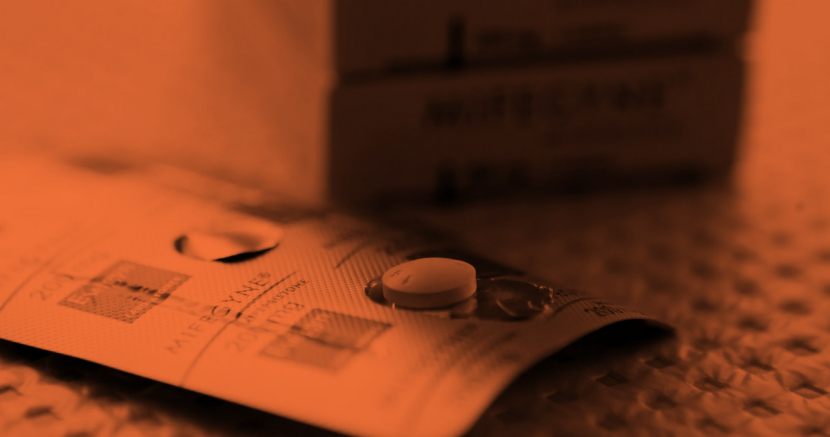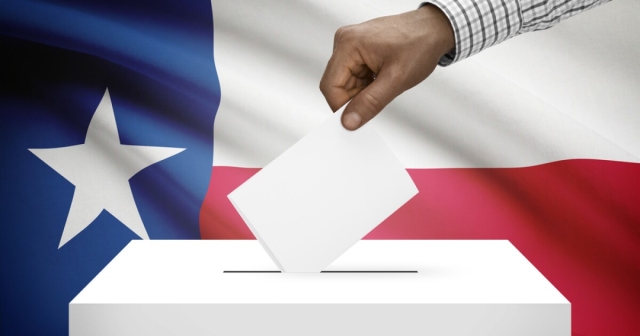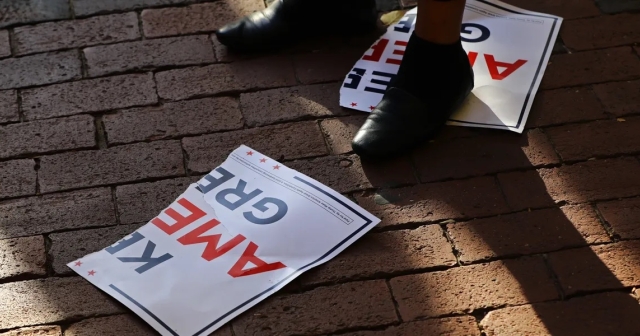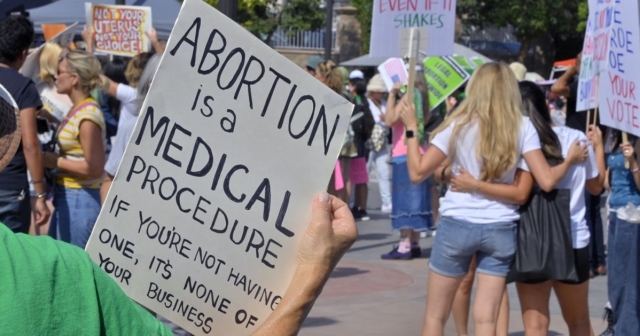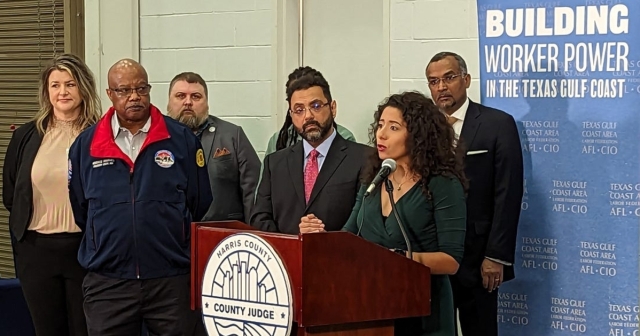In the Supreme Court’s first decision regarding abortion in the new year, the conservative justices reinstated a law that says those seeking abortion pills must pick them up in person, even in the midst of the COVID-19 pandemic.
With the confirmation of Amy Coney Barrett, the third Supreme Court justice nominated by Trump, came the fear that abortion access would be under fire by restrictive policies pushed by anti-choice lawmakers. This recent SCOTUS decision solidifies that fear as reality.
The order, issued with the dissent of the three most liberal justices, requires patients to pick up the drug mifepristone (one of the drugs known as the “abortion pill”) in specific in-person medical settings such “clinics, hospitals, or under the supervision of a certified prescriber.” The Food and Drug Administration’s in-person pick-up requirement for mifepristone during the COVID-19 pandemic had been blocked by the three lower courts, noting the increased risks of contracting COVID-19 at a doctor’s office or a hospital. But the increased risk of infection isn’t the only threat with the new order. The limit and undue burden this order places on low-income individuals living in rural areas seeking abortion care is severe.
In many states, especially conservative ones, abortion access has already been severly restricted simply by the closure of abortion clinics. In a state as big as Texas, it can take as long as 16 hours to drive across its two farthest cities, yet there aren’t nearly enough abortion clinics to serve the entire state. For those with less means, or who cannot travel long distances to receive abortion care, receiving abortion pills through mail is their only option in order to access their reproductive health care.
Justice Sotomayor, one of the three dissenters, stated:
“This country’s laws have long singled out abortions for more onerous treatment than other medical procedures that carry similar or greater risks. Like many of those laws, maintaining the F.D.A.’s in-person requirements for picking up the drugduring the pandemic not only treats abortion exceptionally, it imposes an unnecessary, irrational and unjustifiable undue burden on women seeking to exercise their right to choose.”
Justice Sotomayor makes an extremely valid point. Research has shown that the abortion pill is safer to use than some over the counter medications, yet harsher restrictions are placed on this medication simply because of the stigma surrounding abortion care. The idea that a person cannot simply go and pick up a prescription of mifepristone from a local pharmacy, like any other medication, is absurd, especially in a global pandemic.
In 19 states, it is even required that a physician must be physically present when the mifepristone is dispensed, which eliminates the option of telemedicine that so many have opted to use now with the increased risk of exposure to COVID-19. All of this combined with the already restrictive policies that states may have, such as 24-hour waiting periods or parental consent, shows that abortion care is deliberately being singled out and attacked.
With the 48th anniversary of Roe v. Wade coming up, it is crucial to acknowledge one thing: the right to an abortion has not guaranteed every person equal access to abortion care. While the laws say that abortion care is currently a legal right, that right cannot be excercised with an increase in restrictive policies on how a person can recieve abortion care.
The abortion pill is a safe and effective way to terminate a pregnancy, and in many cases is a much easier and cheaper option than surgical abortion. Yet, it is being singled out and restricted so that those seeking vital health care in a pandemic must go through unnecessary obstacles in order to receive them.
DONATE
Your donation supports our media and helps us keep it free of ads and paywalls.

